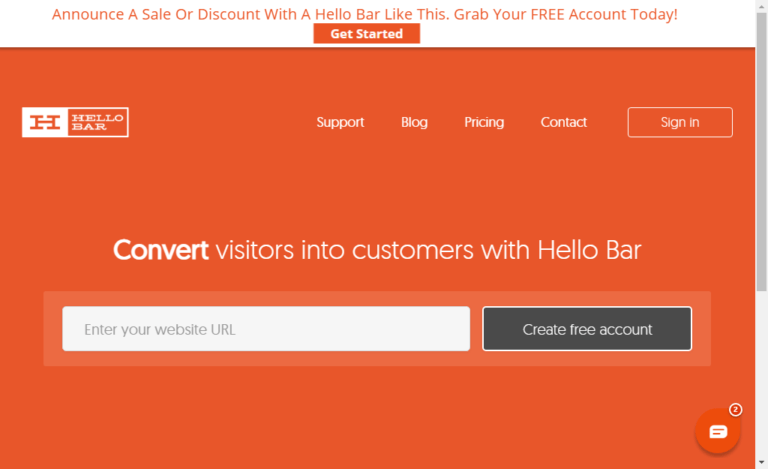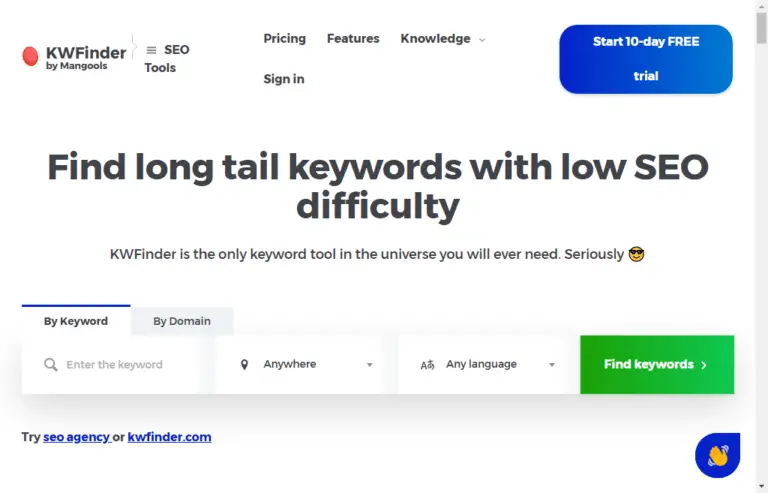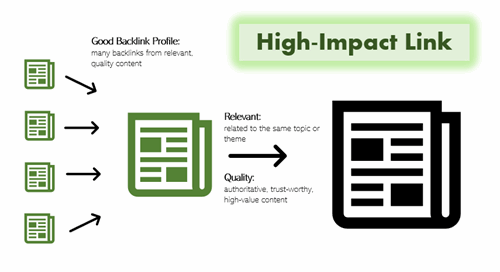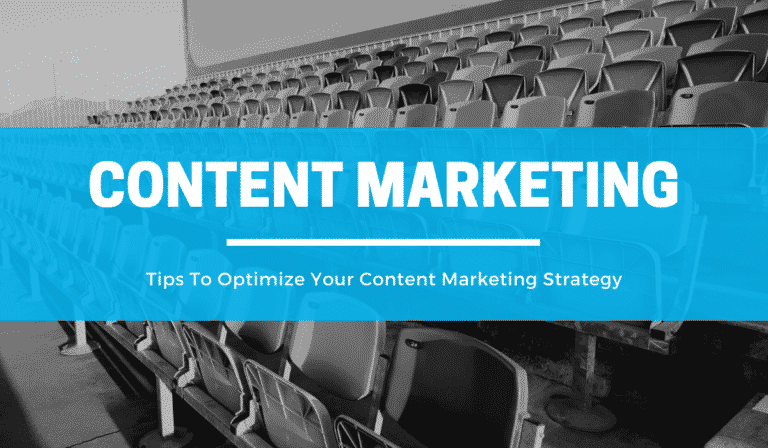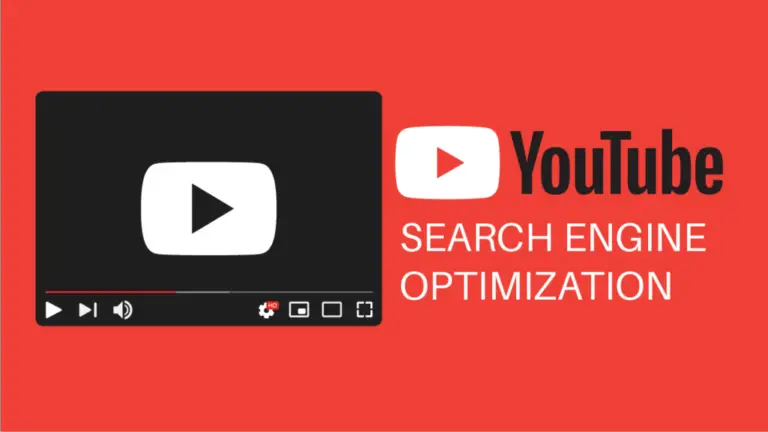Are you striving for traffic for your Blog, Website, or Ecommerce website? If yes, then there are almost two ways to drive traffic to your website namely Paid one and Free one.
The majority of Webmasters use Free traffic sources for traffic on their website. Organic Traffic and Traffic from social Media contribute almost 90% of totally free traffic share.
While Paid traffic source contributes a major traffic source for Brands, e-commerce, well-Established Blog or anything that is well established. Email Marketing, Ads to Search Engines, Ads to Social Media websites, and affiliates are any well-established organisation or website’s biggest source of Paid traffic.
Out of all these traffic sources, in this post, we will discuss “How to increase organic traffic on Your website”. Let’s start the discussion
We will discuss this whole article mainly based on two benchmarks are “How to increase organic traffic on Your Blog?” and “How to increase organic traffic on Your e-commerce website?”.
Firstly, we will discuss common optimization, we can do on your blog as well as Ecommerce websites. Let’s start the discussion on common things.
Website Speed:
Website speed is the most crucial part for you in reference to increasing Organic Traffic for your Blog or Ecommerce website. As we all know delay in load time will severely affect your website’s performance in terms of Revenue as well as User-Experience. To check this Scenario many studies have been conducted to test Load time.
Let’s check these study one by one:
In 2017, Akamai has published a report which suggests, A 100-millisecond delay in website load time can decrease conversion rates by 7 percent, A two-second delay in web page load time increases bounce rates by 103 percent, and 53 percent of mobile site visitors will leave a page that takes longer than three seconds to load.
In 2018, Google came up with an algorithm update which is popularly known as Google speed update. Through this Algorithm update Speed of your website become the biggest factor for you for ranking in the google. Here, a detail Report by wordstream – Link
In 2018 Google also published an article in its blog states the speed of your website is a major factor for a webmaster for ranking in google. The Most Important Point in this report is google recommends 1.2s for loading any webpage. Here is a detailed report – LINK.
Server Response time:
Server response time optimization is the best way to optimize your server speed. As we all Known server response time is the backbone of your website in term of speed. I am running a test case of two of my website for server response time. The results are listed below:
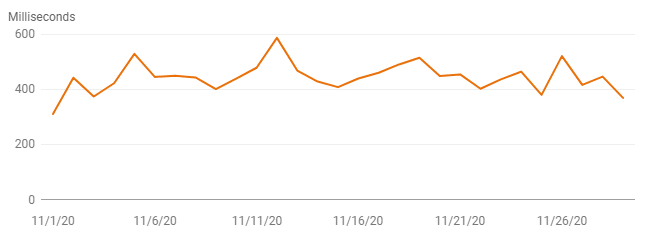
The outcome response time come for above website is in range of 400-600ms. Google recommend the response time of 500ms.
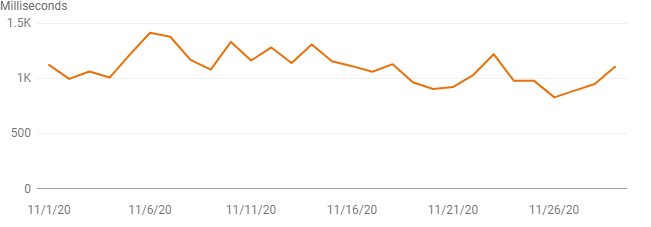
The outcome response time come for above website is in range of 900-1500ms. Google recommend the response time of 500ms.
My website which has a response time in the range of 400ms uses to be indexed faster and ranks higher in more than 3 positions if both websites are competing for the same keywords in respect of the website which has a response time of 1000ms(1s). So, you have to choose the perfect hosting for your hosting as like cloudways.
Keywords Research or Content Idea:
Either you have an e-commerce website or a blog or Product Selling website. You must have to focus on your respective niche. To work on your niche you must have to research your niche. Research of your niche can be done by several tools.
We are considering Semrush for the research. Through Semrush, you can get a Content idea as well as you can do keyword research for your domain or niche.
On-page SEO:
Either you have an e-commerce website or a blog or Product Selling website. You must have to go through on-page SEO. The most important question that arises in this is what we should do during On-page SEO to bring massive organic traffic to the website? The answer is that we should bring the bounce rate of the website tends to zero.
How is this possible? This is only possible through the interlinking of your own web pages. Interlinking (Internal Link Building) and the optimized webpage will help you a lot to tackle your webpage Bounce rate.
What are the basic Differences between eCommerce and Blog Websites from a Developer’s Point of view?
The most basic difference between an eCommerce site and a blog website is in an eCommerce website we use it to sell products or services while in a blogging website we write blog posts or in other words we do content marketing. Let’s explore, “how we enhance or increase organic traffic to your site?”.
Cache:
On the blog site, about 90% of your website contains static content while in the e-commerce website Static content is range from 10-30%. This makes caching of both types of websites can be done in different ways.
In an ecommerce website, we have to offer content or products without caching or with dynamic caching. Serving your website with dynamic caching will help you a lot to enhance your search engine results page of any search engine.
While in the blog you must have to offer content with static content through static caching through search results. This makes caching one of the leading Search Engine optimization strategies.
Analytics:
We all know analytics is the best and most crucial part of knowing the behaviour of your customer. I personally recommend two analytics namely Google Analytics and Microsoft Clarity for your blog or e-commerce website. Both analytics tool is best for both type of website But I personally use Google analytics for blog website while I use Microsoft Clarity for my eCommerce website.
The basic question arises in everyone’s mind, “Why I do that?”. The reason behind this is very simple. Through Google analytics, you will get through data like page views, unique visitors and many more but in Microsoft Clarity, the webmaster can get a look at its users behaviour of there visitors.
Descriptions:
The description has a very vital role in increasing organic traffic on Your website. Primarily in a content marketing website, you have to write a lot of meta descriptions while in an E-commerce website, we have to write a meta description and Product description.
Both types of description will help you a lot for an e-commerce website to grow your organic traffic.


